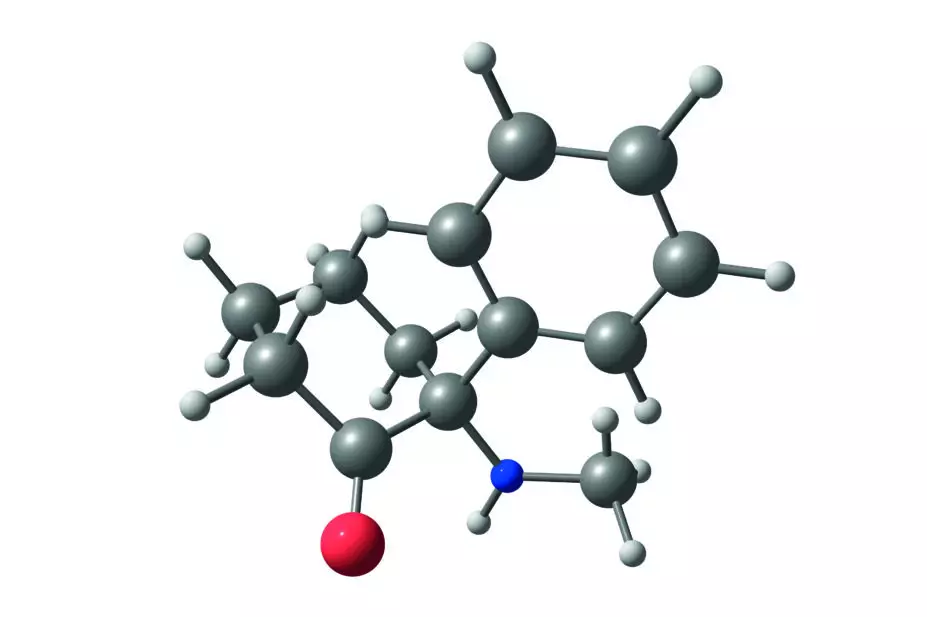
Shutterstock.com
Improved understanding of the pathophysiology of depression, as well as the mechanisms of action of existing therapies, could lead to better treatments for the condition.
A team of researchers looked at the effect of the antidepressants imipramine and ketamine on gene transcription in a mouse model of depression called chronic social defeat stress (CSDS).
The researchers found that mice showing depression-like symptoms in response to CSDS had a different transcriptional profile to mice resilient to CSDS in four brain regions studied.
Mice who responded to antidepressant treatment showed the same changes in gene transcription associated with resilience to CSDS, while an opposite effect was seen on the transcription profile associated with susceptibility.
Reporting in Biological Psychiatry
[1]
(2017;81:285-295), the researchers suggest that their approach could be applied to identify novel drug targets for depression therapies.
References
[1] Bagot RC, Cates HM, Purushothaman I et al. Ketamine and imipramine reverse transcriptional signatures of susceptibility and induce resilience-specific gene expression profiles. Biol Psychiatry 2017;81:285-295. doi: 10.1016/j.biopsych.2016.06.012


